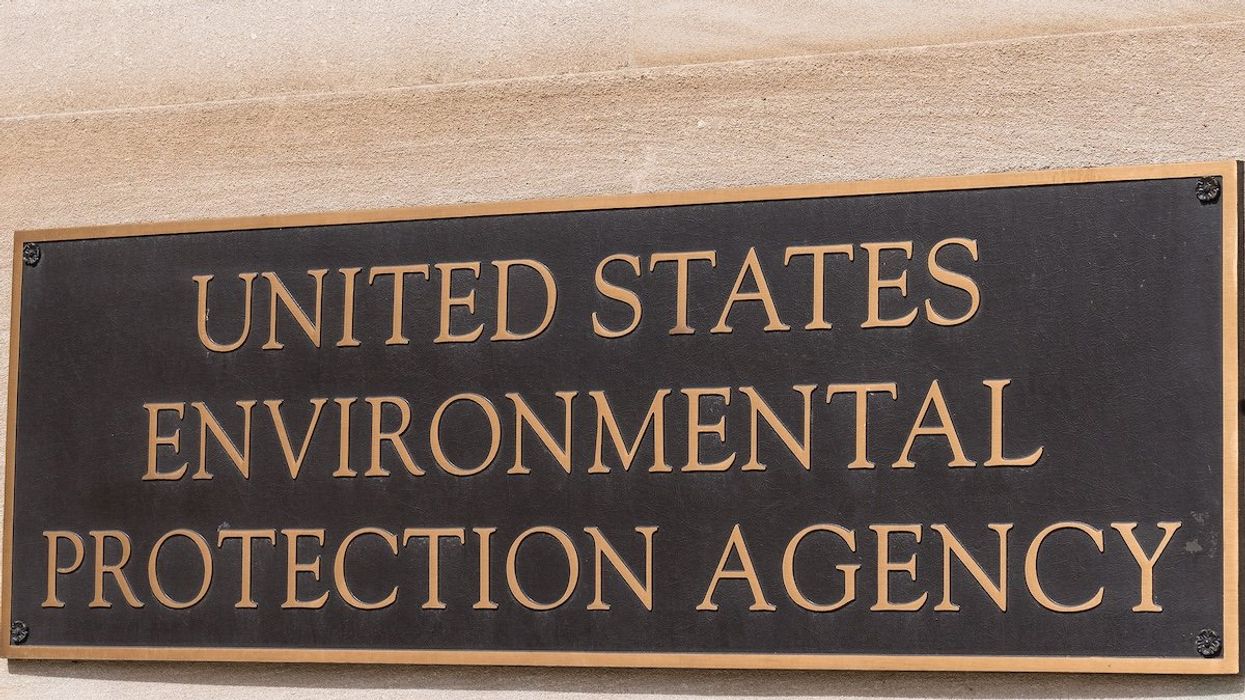In St. Louis, Michigan, decades of DDT and polybrominated biphenyls (PBB) contamination at the former Velsicol Chemical Corporation plant now threaten the health of multiple generations as proposed federal budget cuts imperil ongoing Superfund cleanup efforts.
Brian Bienkowski reports for The New Lede
In short:
- Researchers reviewing 79 studies of the Michigan Long-Term PBB cohort found that prenatal and early-life exposure to DDT and PBB raises risks of breast cancer, hormonal imbalances, and reproductive problems decades later.
- The burn pit and contaminated soils have undergone extensive remediation — over 675,000 pounds of polluted vapor, water and oily residue have been removed — but persistent hotspots and groundwater seepage remain.
- The Trump administration’s 2026 budget proposal seeks a $254 million cut to Superfund funding, the largest in agency history, risking a multi-year timeline for soil, river, and groundwater cleanup.
Key quote:
“Our community is a cautionary tale.”
— Jane (Keon) Jelenek, secretary of the Pine River Superfund Citizen Task Force
Why this matters:
Toxic chemicals like DDT and polybrominated biphenyls resist natural breakdown, accumulating in soil, water and human tissue for generations. Their endocrine-disrupting properties can alter gene expression in fetuses and children, increasing risks of cancer, developmental disorders, and reproductive harm long after initial exposure. When federal funding falters, cleanup slows and residual contamination spreads through waterways and food chains, heightening risks for communities downstream. Understanding the lingering effects of legacy pollutants helps grasp the stakes of environmental regulation and the human cost when cleanup efforts stall.
Related: The more they dig, the more they find: DDT cleanup continues for mid- Michigan town.














